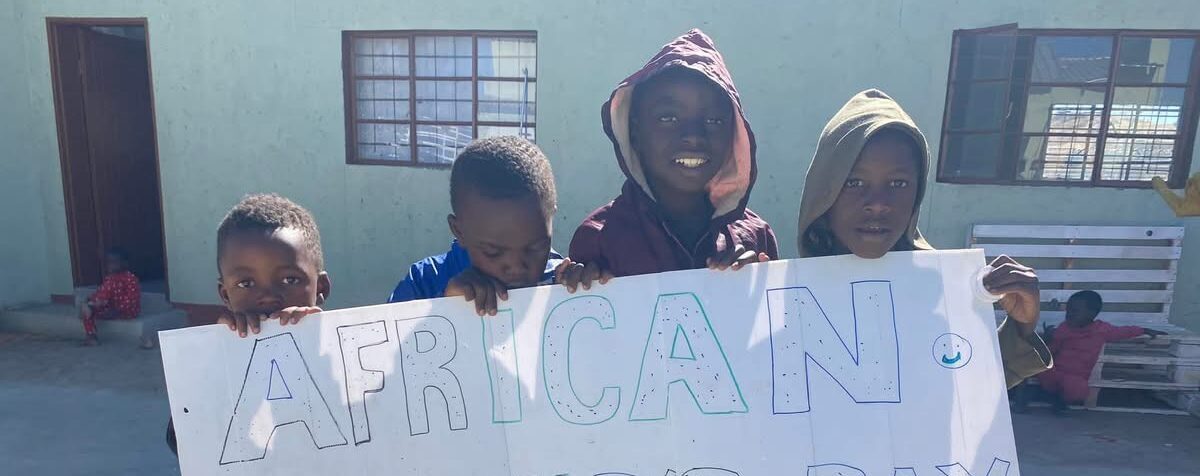
Namibia: lifting families out of extreme poverty and curbing inequality and gender-based violence
Since 2018, FXB Switzerland, FXB France and their local partner HISA have been actively working to promote sustainable development and improve living conditions for the most vulnerable communities in Namibia.
Context
Namibia's per capita income is one of the most asymmetrical in the world, with 55% of global income for 10% of the total population. The socio-economic inequalities inherited from the apartheid years persist, with 30% of the young working population unemployed.
Furthermore, as in many countries, Namibia struggles to respond to cases of violence against women and children due to a lack of trained workers, response strategies or inadequate information on human rights in communities.
Our work in Namibia
1 Combating the multidimensional causes of poverty: 1 VillageFXB economic and community development project.
The VillageFXB model is being implemented in the community of Kilimanjaro, near Windhoek, where slum dwellers face complex challenges linked to poverty and insecurity.
By 2025, 500 adults and children will receive sliding-scale support for three years: the time needed to move from extreme poverty to sustainable economic and social autonomy.
After receiving training in finance and project management, families are provided with start-up capital to create income-generating activities (micro-businesses) and actively participate in Village Savings and Credit Associations (VSCAs). They also receive food aid at the start of the project, enabling them to return to a satisfactory state of health. This gives them the energy they need to invest fully in their economic activities, while their children are better able to continue their schooling.
Over the course of the three-year project, we provide comprehensive support, including schooling and vocational training for children and young people, access to appropriate healthcare and improved housing and sanitation facilities. They also have the opportunity to acquire key skills in health and social issues, thus promoting their overall development and guaranteeing the sustainability of the project's impact on their quality of life.
FXB also integrates resilience and adaptation to the impacts of climate change into its activities, ensuring that these marginalized communities are prepared to face the environmental challenges that disproportionately affect them.
Equality between women and men is not only a fundamental human right, it is also a condition of possibility for a prosperous and sustainable world. As such, particular attention is paid to the economic empowerment of women and the promotion of their leadership.
Because women play a key role in the development of their communities, FXB implements specific activities to strengthen their skills, promote their access to sustainable economic opportunities and enhance their role as agents of change, notably by encouraging their active participation in decision-making within their families and communities. The aim is also to raise community awareness of domestic and sexual violence and gender equality.
2. curbing gender-based violence
Combating violence against women and children is hampered by various obstacles, such as a shortage of trained professionals, inadequate response strategies and a lack of information on human rights within communities. This problem is exacerbated in informal settlements (slums), where services to protect women and children are lacking and access to appropriate assistance remains limited, putting these vulnerable populations at risk.
For FXB, the first step was to strengthen protection and violence prevention systems by promoting safety, particularly in the face of gender-based violence, encouraging the empowerment of women and girls, and offering support to victims of violence, notably through the creation of safe spaces. An essential dimension was also to raise awareness and educate men and boys, involving them as defenders of women's and girls' rights and agents of change within their communities.
A new phase, starting in 2023, aims to strengthen the skills of civil society organizations and promote discussions on gender equality and youth inclusion in peri-urban areas in three regions of Namibia.
3. vertical cultivation, tested south of Windhoek with hydroponics
A vertical farming project has been launched in a rural area south of Windhoek to meet the agricultural challenges in Namibia, an arid country with limited water resources.
This innovative solution is based on hydroponics, a technique for growing plants without soil, by feeding them with nutrients dissolved in water. The project focuses on the production of fodder, an essential resource for livestock in an environment where natural pastures are in short supply.
Specially designed modules are installed in containers, offering a sustainable and accessible solution for vulnerable populations living in remote areas.
Our impact in Namibia
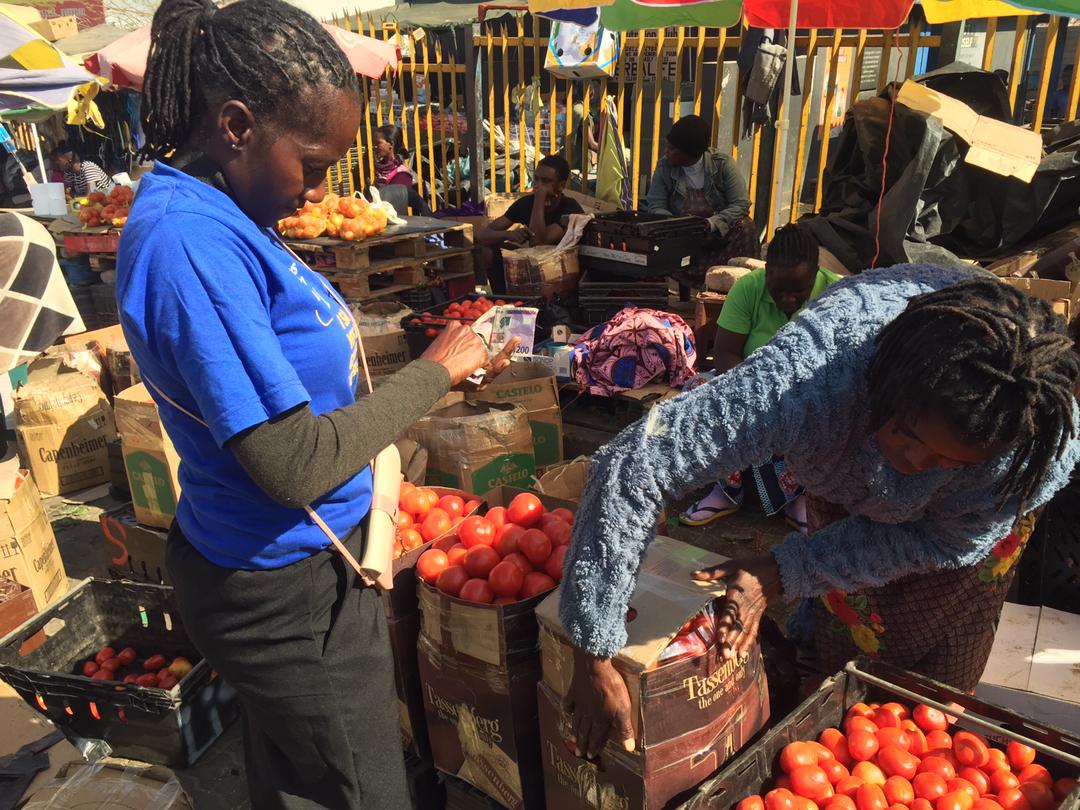
have already made the transition from an extremely precarious life to a more dignified existence through two VillageFXB projects. This change is having a significant impact on the quality of life, income, education, health and social status of children and adults.
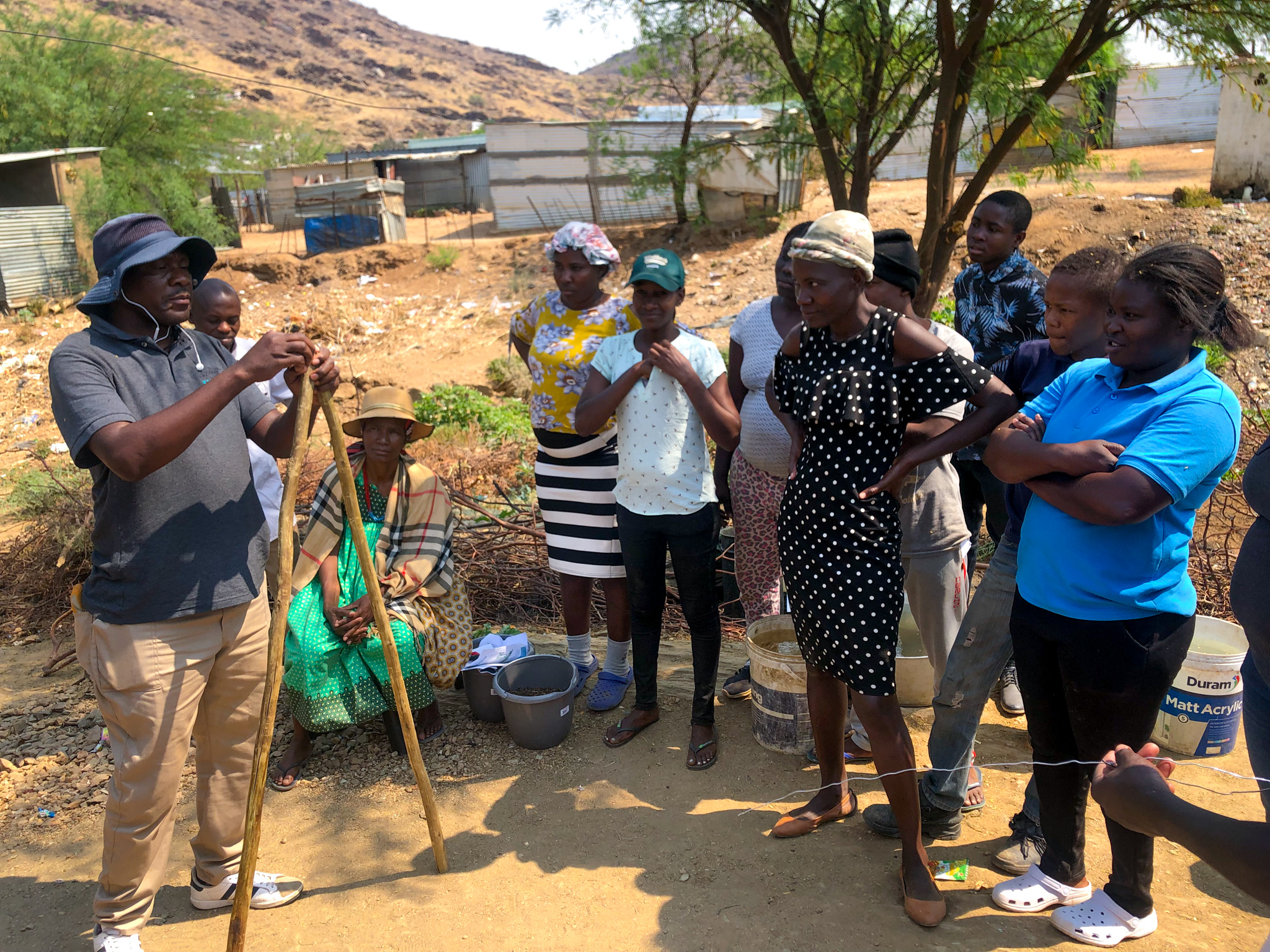
have been created for victims of violence, and the participation of men and boys, as well as the capacities of communities and local leaders, have been strengthened in the fight against gender-based violence.
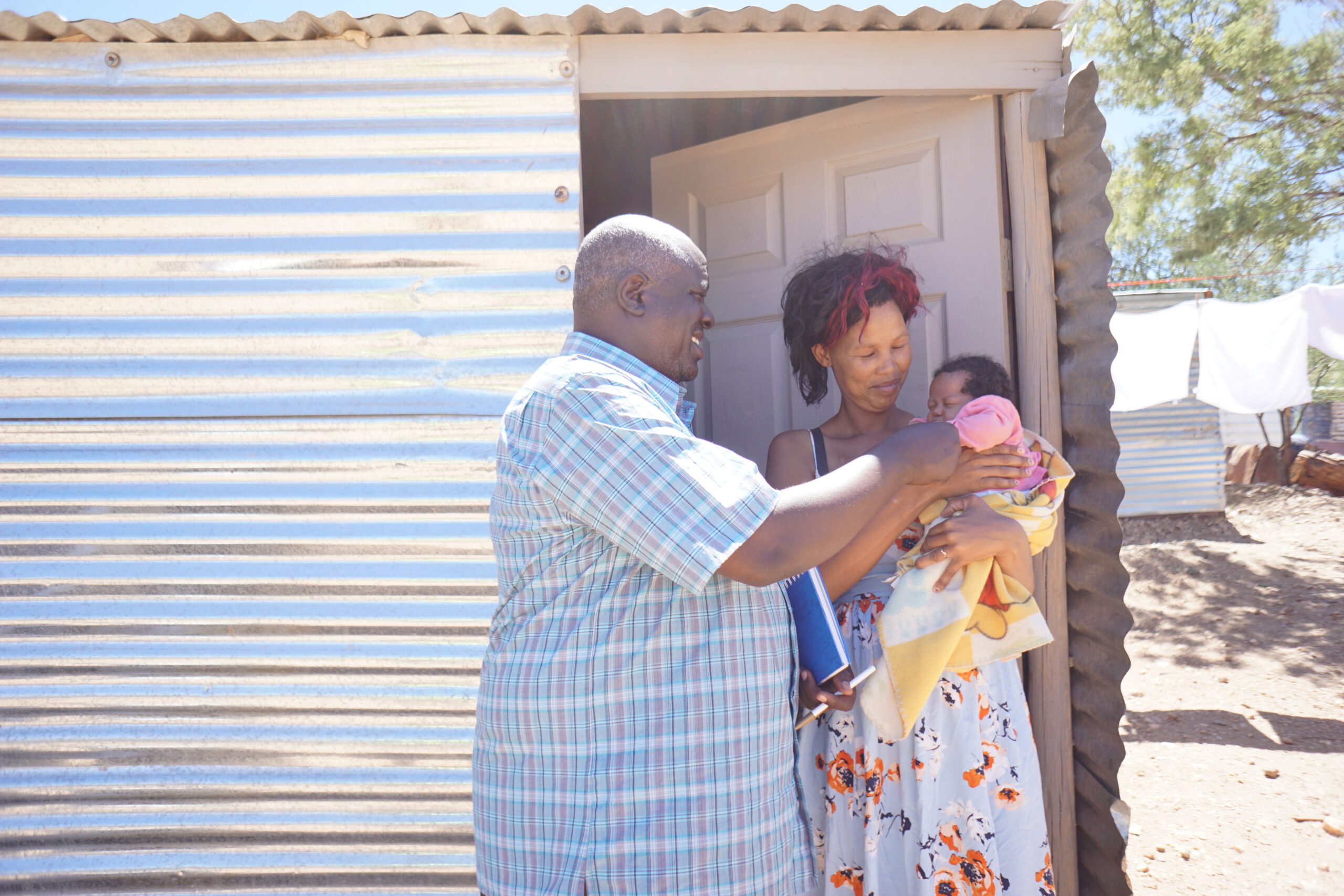
strengthened their knowledge of equality and the prevention of gender-based violence.
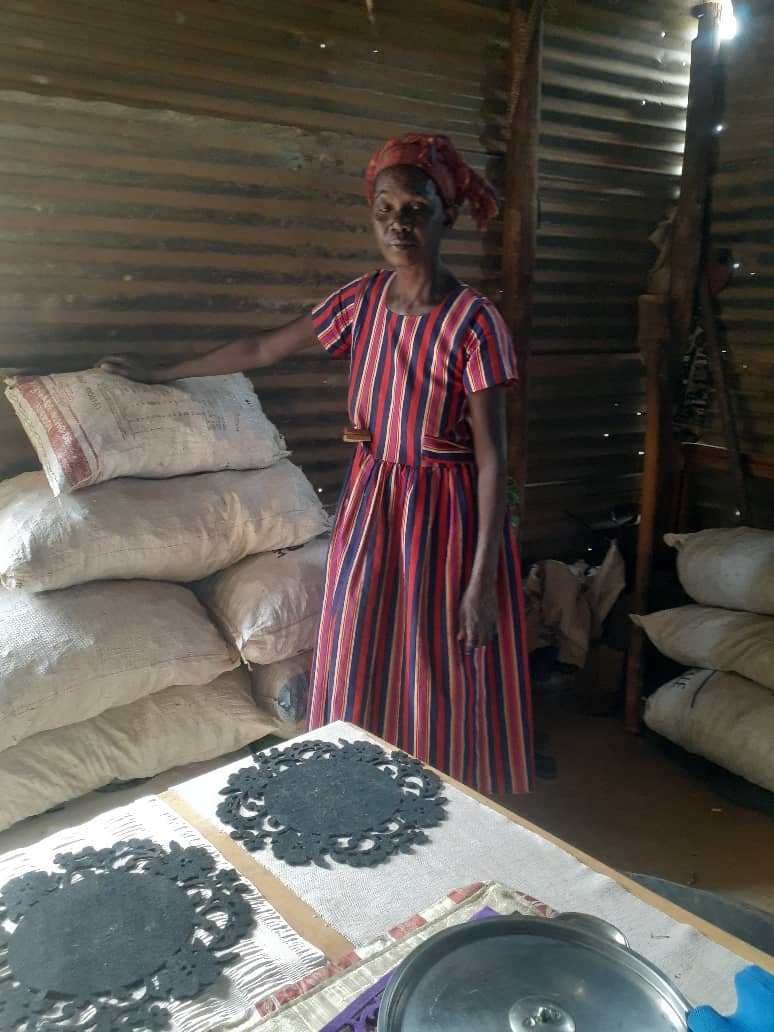
Life's journey
An example of community resilience
Olivia, a dynamic 37-year-old entrepreneur and emblematic figure of the VillageFXB, is the first participant to have invested the start-up capital provided by the project to launch an economic activity in Early Childhood Development training.
A single mother of four and guardian of two adult nieces, she is the financial pillar of her household. Thanks to her determination, today she juggles her family life with her professional activities, running a crèche, managing a store and selling porridge with the help of a loyal friend. Her income ensures the well-being of her large family.
When Olivia was selected to join a VillageFXB project, she still bore the scars of a difficult marriage at just 15 years of age, suffering the cultural pressures and stigma associated with divorce. Despite these hardships, she found within herself the strength to rebuild and offer her children a brighter future.
FXB's support was instrumental in helping her overcome her painful past and escape extreme poverty. Her story powerfully embodies resilience and the power of self-determination to transform her life.
